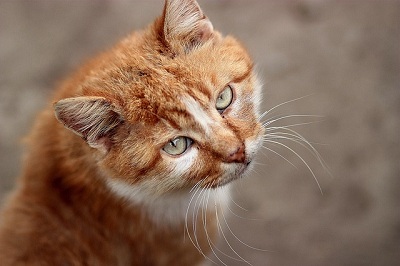Causes of Diarrhea in Cats
Causes of Diarrhea in Cats
Diarrhea in cats is not a serious disorder per se. Diarrhea lasts one or two days and passes by its own in many cases. However, if it is accompanied by other symptoms such as vomiting, lethargy, or loss of appetite, then it can point to a serious health condition. Feline experts differ two types of diarrhea in cats – acute and chronic. Depending on a place it affects, diarrhea can be small intestine diarrhea or large bowel diarrhea. The first one is less dangerous but can lead to dehydration or loss of electrolytes. In fact, if a cat gets loose stool, but he/she is still happy and active, then diarrhea is likely a temporary ailment. Feline experts claim that diarrhea as temporary ailment usually disappears after 24 eventually 48 hours. On the other hand, each case of diarrhea that lasts longer than has been recommended by experts requires vet’s examination. Moreover, there are some symptoms when the affected cat needs veterinarian’s involvement immediately. For example, if a cat experiences pain, discomfort or gets a dark stool, then the situation is urgent. Of course, young kittens, senior cats, and cats who are already ill, need more attention and should be well examined without too much waiting. The reasons behind diarrhea can be a simple cold or change in foods, but they can also be the causes that can severely harm a cat. To find out more about the causes of diarrhea in cats, the article “Diarrhea Causes and Treatments for Cats” lists the following.
Causes of Diarrhea in Cats
– Change in diet
– Dairy or other food intolerance
– Ingestion of spoiled food
– Allergic reaction
– Bacterial or viral infection
– Internal parasites, such as roundworms, coccidia and Giardia
– Inflammatory bowel disease
– Kidney or liver disease
– Cancer or other tumors of the digestive tract
– Certain medications
– Hyperthyroidism
– Colitis
If diarrhea is not acute and there are no other signs of illness, we can help a cat by preparing the dishes based on chicken and rice, or giving her/him baby food free of ingredients that could be toxic to cats, such as onions or garlic. In spite of that, if symptoms last more than has been recommended, a vet visit is a must.










